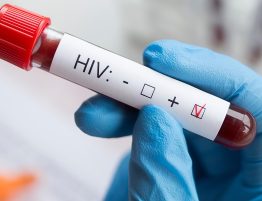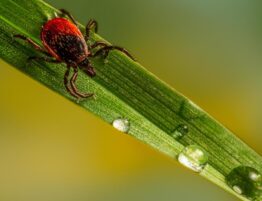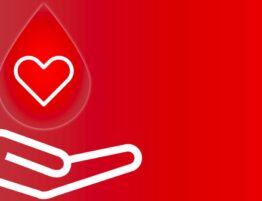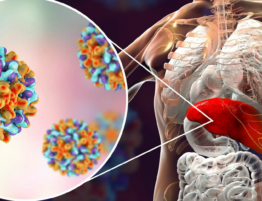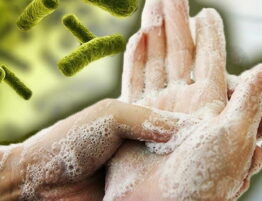
Polio
Poliomyelitis is a viral infectious disease that affects the nervous system and causes complete paralysis. The virus enters the body through the mouth and multiplies in the intestines. Initial symptoms are fever, fatigue, headache, nausea, stiff neck and pain in the extremities. One in 200 infections results in permanent paralysis (usually of the legs). Of these paralyzed people, 5%-10% die as a result of paralysis of the respiratory muscles.
Poliomyelitis is registered in a number of countries in Asia, Africa and the Middle East (Afghanistan, Pakistan, Syria, Ethiopia, Iraq, Somalia, Nigeria, etc.). In 2015, for the first time in the last 5 years, an outbreak of polio was recorded in Ukraine in Europe.
High-risk group: children under five years of age.
The source of infectionare patients and virus carriers. Isolation of the virus from the pharynx and feces begins during the incubation period, which lasts on average 5-12 days (variations from 2 to 35 days are possible). After the first symptoms of the disease appear, the virus continues to be excreted in feces, 1 g of which contains up to 1 million infectious doses. Therefore, the fecal-oral mechanism of transmission of infection through water and food contaminated with feces is of primary importance. In epidemic foci, people can become infected through airborne droplets.
The stability of poliovirusin the external environment is relatively high. It retains its infectious properties in wastewater at 0°C for a month. Heating at 50°C inactivates the virus within 30 minutes. in water, and at 55°C – in milk, sour cream, butter and ice cream. The virus is resistant to detergents, but is highly sensitive to UV rays and drying, as well as to chlorine-containing disinfectants (bleach chloramine).
Prevention
Until there are no children left in the world infected with polio, children in every country will be at risk of contracting the disease. Poliovirus is easily imported into a polio-free country and can spread rapidly among unimmunized populations Poliomyelitis is incurable, but it can be prevented through vaccination.Vaccinations against polio are included in the preventive vaccination calendar of the Republic of Belarus.
Immunization is a necessary measure. By refusing vaccinations, you expose your children to the risk of developing a serious incurable disease.
Immunization schedule:
- vaccination consists of three vaccinations and is given to children aged 3, 4 and 5 months using inactivated polio vaccine;
- revaccination also consists of 3 vaccinations and is given to children aged 18 months, 24 months and 7 years using oral polio vaccine.
Children and adults traveling or entering countries where cases of polio are reported should be vaccinated against this infection. Persons aged 18 years and older:
- If they come from countries where cases of polio are reported, they receive one shot of oral polio vaccine.
- if they travel to countries affected by polio, they must be immunized with a single dose of oral polio vaccine 4 weeks before departure.
In addition, in order to prevent polio it is necessary:
- observe personal hygiene rules (washing hands);
- Rinse fresh vegetables, fruits, dried fruits and herbs with boiled or bottled water before consumption after washing under running water.
If you are traveling:
- eating is allowed at certain food outlets where industrially produced products of guaranteed quality are used;
- only bottled or boiled water, drinks, industrial juices should be used for drinking;
- it is prohibited to buy ice for cooling drinks from street vendors, as well as to use food products of traditional national cuisine, products that have expired, have not undergone guaranteed technological processing, as well as those purchased from street vendors;
- tourists are allowed to swim only in swimming pools and special reservoirs.
Take care of the health of your children! Get your polio vaccine on time!
Ministry of Health of the Republic of Belarus State Institution “Brest Zonal Center for Hygiene and Epidemiology”, 2015.


